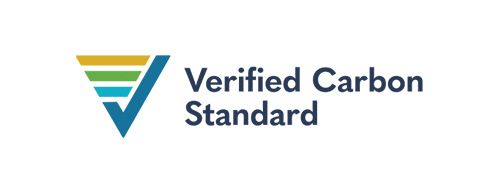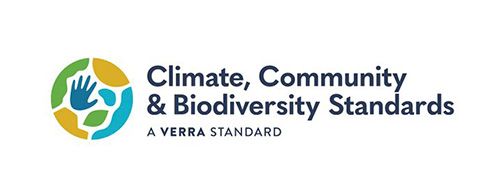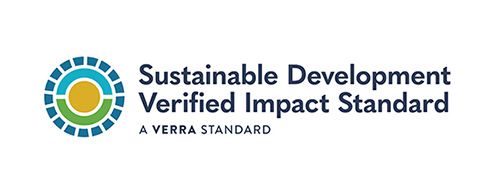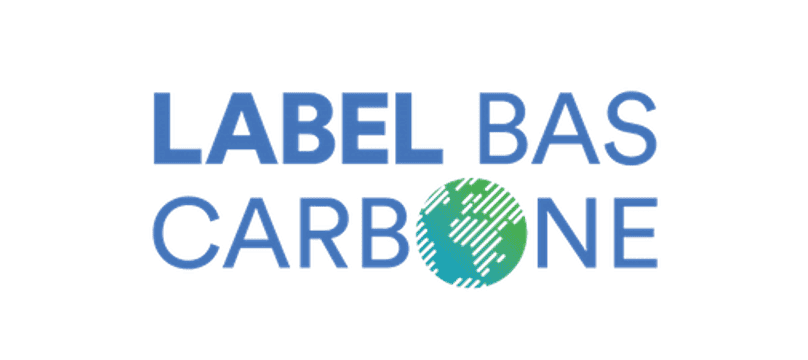Help achieve global carbon neutrality by supporting forests
Invest in projects that generate co-benefits for biodiversity and communities, certified by recognized standards.
Contact usAchieve your climate goals
Reforest'Action offers a range of solutions that are not only in line with the SBTI or Net Zero Initiative approaches, and that focus on preserving biodiversity and supporting local communities.
Carbon Project Development Financing:
Anticipate your long-term carbon strategy and control your budget by securing the price and volume of carbon credits over time.
Financing of projects valued in tCO₂e:
Enhance your climate contribution by funding verified projects in tropical areas, with a 30-year carbon sequestration projection validated by Bureau Veritas.
Contribution in France with the Low-Carbon Label:
Align your Net Zero trajectory with France’s Low-Carbon Strategy by purchasing emission reductions from projects certified by the Ministry of Ecological Transition.
Carbon Credit Purchase:
Carbon credits available today, certified under internationally recognized standards, to contribute immediately to the goal of net-zero emissions by 2050.
Labels and Certifications
All of our projects are certified by recognised international and national labels or standards, aligned with the UN Sustainable Development Goals, and rigorously selected according to international best practices: VCS (Verified Carbon Standard), CCB (Climate, Communities and Biodiversity Standard), SDVista (Sustainable Development Verified Impact Standard), LBC (Low-Carbon Label).




Working with Reforest'Action means:
A large portfolio of diversified projects around the world.
Positively impact biodiversity and local communities in ways that go beyond carbon.
High quality projects certified by internationally recognised standards.
Benefit from communication tools to promote your action in a fair and responsible way.
Reforest'Action: proven expertise since 2010
Reforest'Action's position
Carbon offsetting for the benefit of woodland.
We consider the mechanics of carbon offsetting to be an imperfect but essential solution for funding forestry projects. First and foremost, it is important to remember that this mechanism is only useful if (and only if) it is used in conjunction with continuous and meaningful efforts to reduce carbon footprints as part of a defined trajectory. The voluntary carbon market is a major source of funding needed to achieve climate goals by means of nature-based solutions that could account for 1/3 of the efforts to achieve the Paris Agreement targets, and the needs are considerable! The UN estimates that about $4700 billion will be needed for forest restoration and afforestation by 2050. Although the carbon target is a prerequisite, it should not be an end in itself. In our opinion, it is important to consider so-called offset projects not only in terms of their carbon impact, but also in terms of how they will promote and preserve biodiversity in order to improve the ecosystem's resilience to climate change. The indispensable co-benefits of these projects for local populations, which contribute significantly to the stability of the ecosystem over time, should also be taken into account.